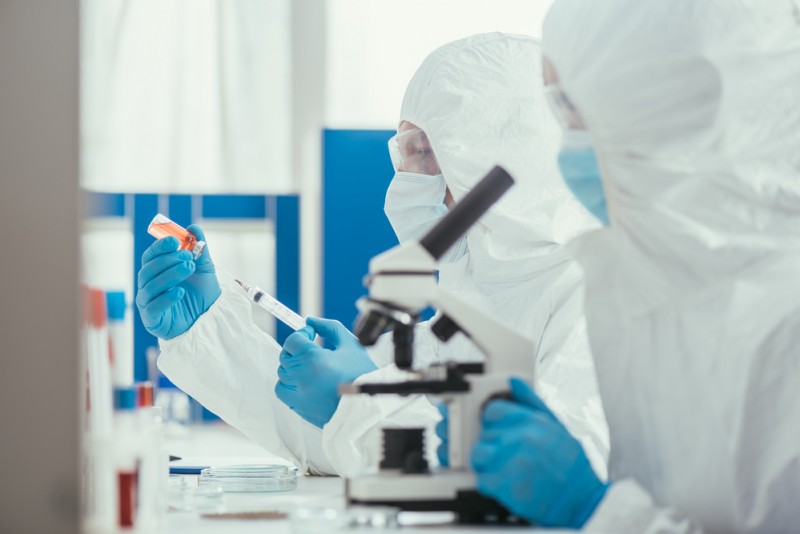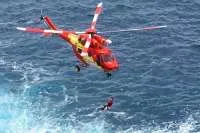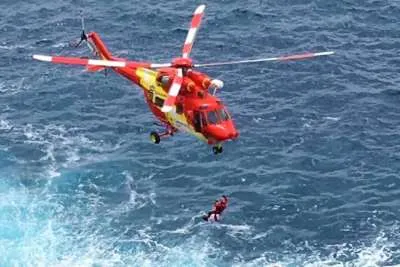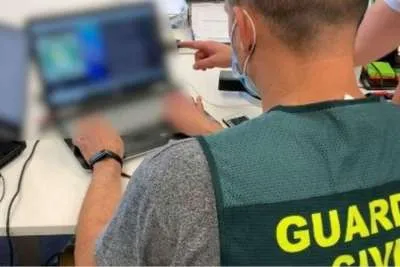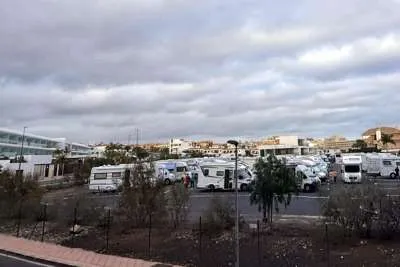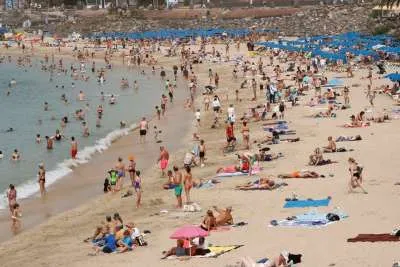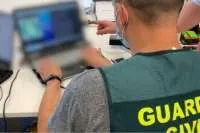49 samples of the ‘British’ Covid strain detected in the Canary Islands
- 27-01-2021
- National
- Canarian Weekly
The Microbiology department at the Nuestra Señora de Candelaria University Hospital, renowned for their genomic sequencing and technology for RNA extraction, have confirmed that they have deep tested a sample of 100 nasopharyngeal swabs from Covid patients collected between December 18th and January 18th, in which the presence of any of the known variants of the virus were suspected, especially variant B.1.1.7 known as the ‘British’ variant.
They also confirmed that in the results obtained, none of the samples correspond to the so-called South African or Brazilian variants. In total the British variant has been identified in 49 samples, but remember that in that period, some 7,239 samples tested positive for Covid-19, so these 49 samples would represent approximately 0.67% of the total cases detected in the Canary Islands in that period of time.
Of these 49 samples, 4 come from the island of Lanzarote and 34 from Tenerife where the cases linked to the outbreak detected in La Palma at the end of December are included. Of the rest of the samples, two come from citizens of Great Britain and another two, from Italy; and seven more are samples in which their traceability is being worked on.
Starting this week, this sequencing work will continue with all suspicious samples of special interest in the islands of Lanzarote and Gran Canaria, where the greatest increases in the incidence of the virus are taking place.
The British variant of SARS-CoV-2 has already been found in other Spanish autonomous communities including Madrid, Andalusia, Valencia, Navarra and Galicia, and is up to 70% more transmissible than the usual strain, meaning it is far easier to spread and catch.
The containment measures for this variant of the coronavirus are the same as for the rest of the variants: mask, hand hygiene, interpersonal distance, limiting the number of people with whom we interact, always choosing open air or well-ventilated spaces, stay home if you have symptoms, are waiting for the result of a diagnostic test, or have had contact with someone with Covid-19.
Other articles that may interest you...
Trending
Most Read Articles
Featured Videos
TributoFest: Michael Buble promo 14.02.2026
- 30-01-2026
TEAs 2025 Highlights
- 17-11-2025


